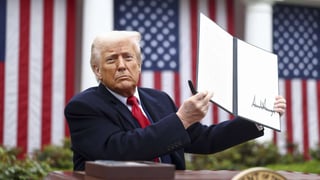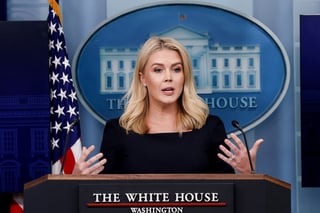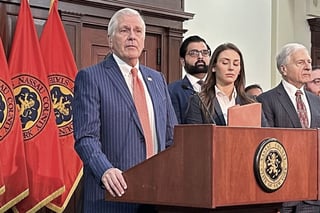We and our partners use cookies and similar technologies to understand how you use our site and to show you personalized advertisements on other platforms. By clicking "Accept All," you consent to these technologies for advertising, analytics and retargeting. Click "Decline All" to opt out of non-essential cookies. You can learn more in our Privacy Policy.
Particle.news


















